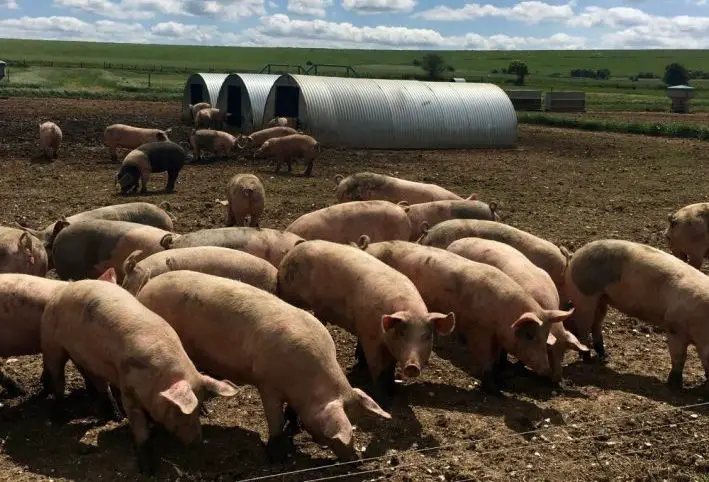
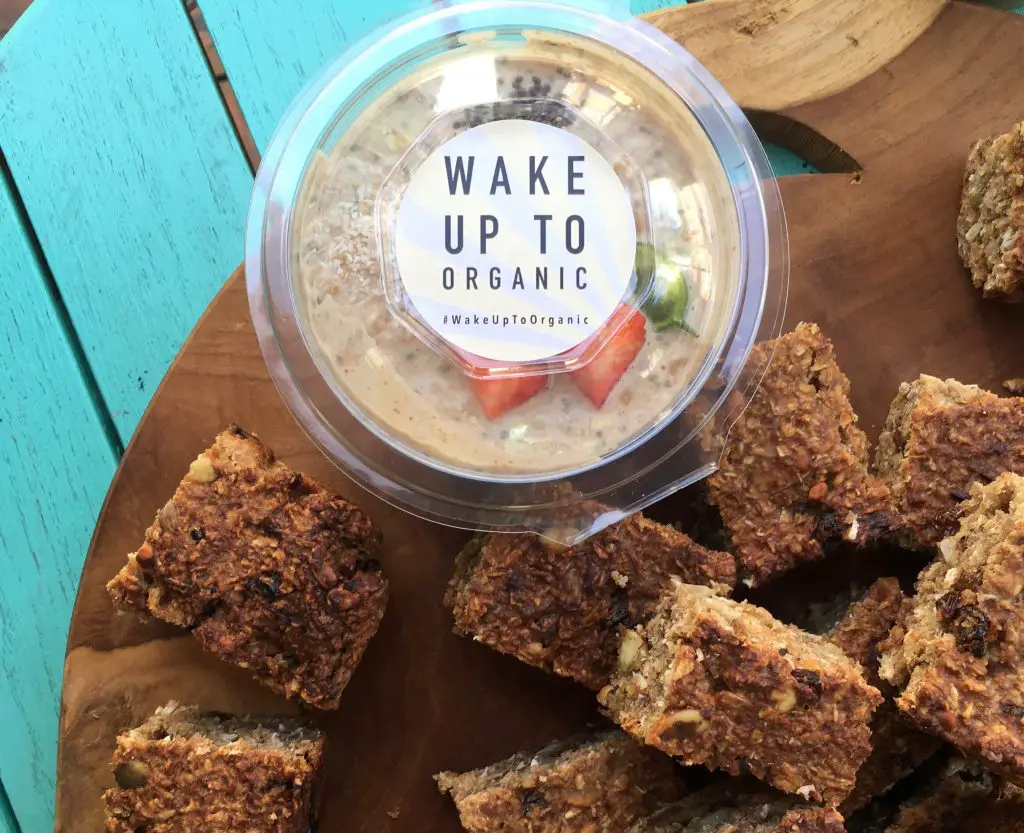
The main reasons I’ve never bothered to buy organic before are my lack of awareness and unfortunately, my limited budget. Now that at least the first reason is resolved, I’m determined to get on the right track and am buying a lot more organic products than I used to.
Right back in June, I was invited alongside some other South West bloggers to spend the day with the Soil Association on Helen Browning’s Organic farm. I was looking forward to the free lunch and catching up with my blogging friends. I wasn’t expecting to have my eyes quite so widely opened!
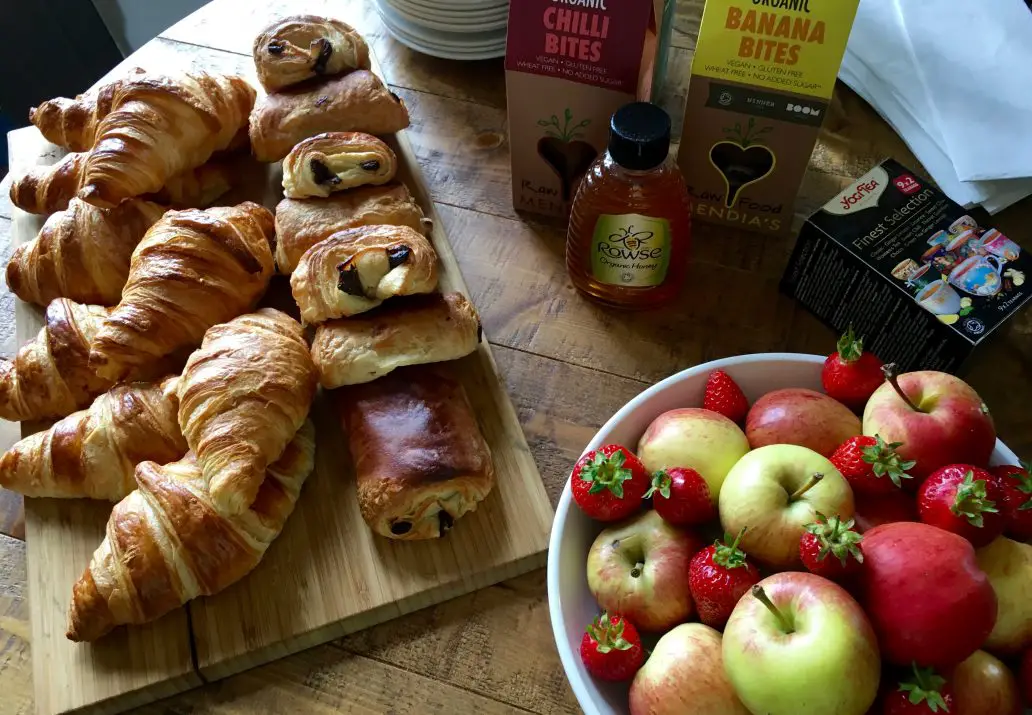
After a quick presentation by the Soil Association over a croissant and a cuppa, we jumped onto a trailer and enjoyed an ‘English Safari’ style experience driving around the farm, meeting the animals and learning more about how things are done there.
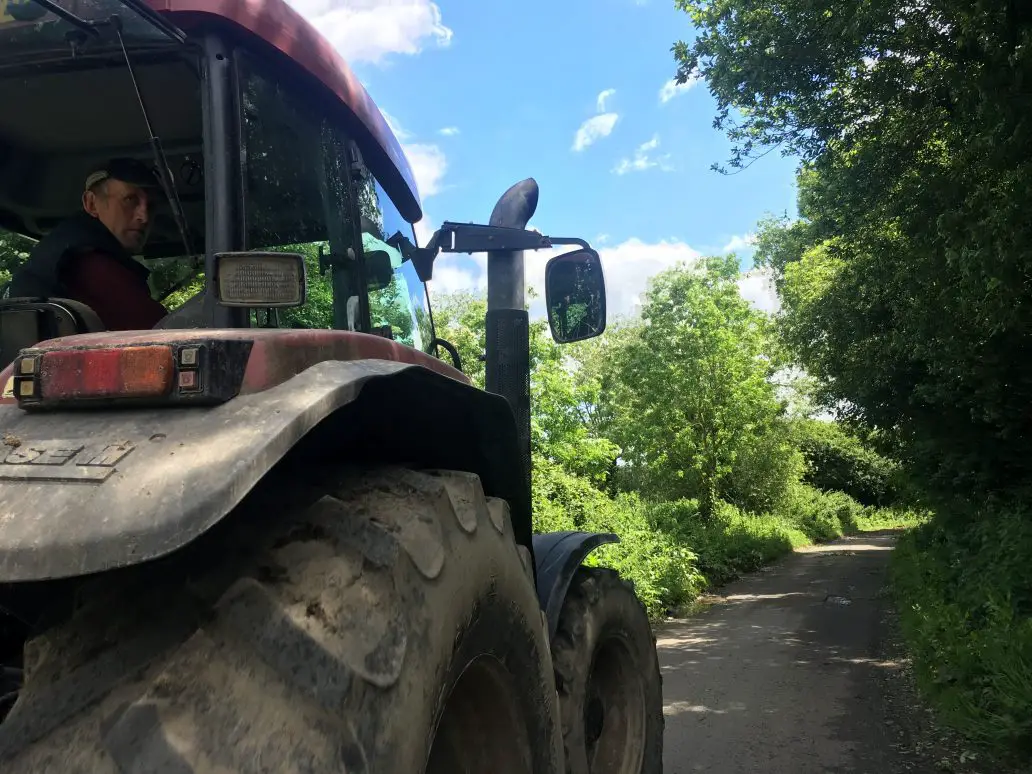
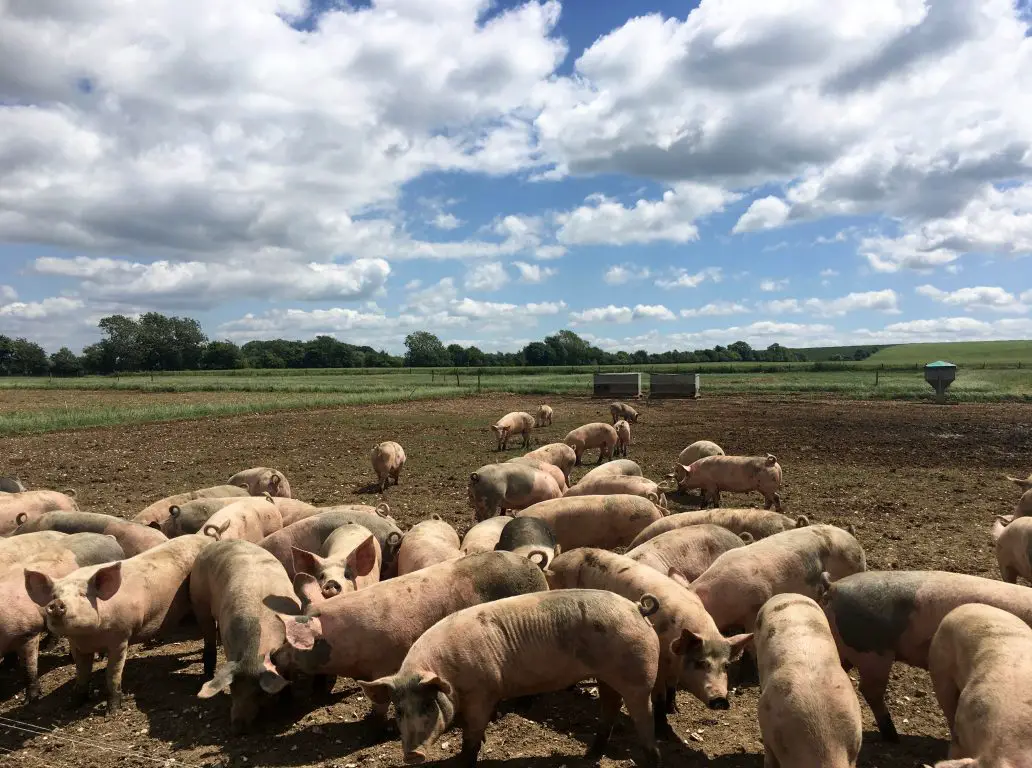
Time to wake up
A few weeks later and coincidentally, I found myself at Bearpit Social as part of the UK wide ‘Wake Up To Organic‘ campaign (yep, there I am!) and from that point, I was determined to change my shopping habits. I’m not here to preach and my fridge is by no means exclusively stocked with organic food and drink, but, I do think it’s important to at least start to make the change where you can. In the future, I’m keen to grow my own veggies at home and they’ll be organic too.
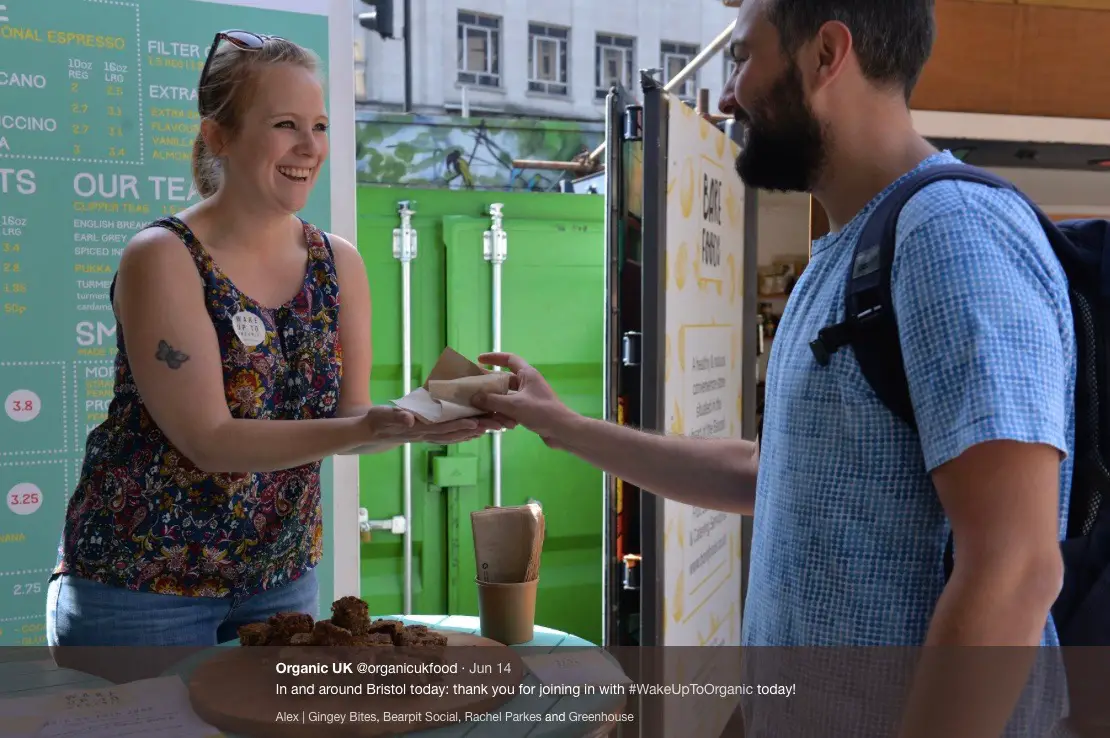
Why go organic?
- Know what’s in your food
- To help protect British wildlife and the planet as a whole
- For meat and eggs with higher standards animal welfare
- To avoid eating pesticides and artificial preservatives
Look out for the Soil Association logo on packaged food, that way you’ll know it’s definitely organic. There is an increasingly good selection available in the big supermarkets, even Aldi!
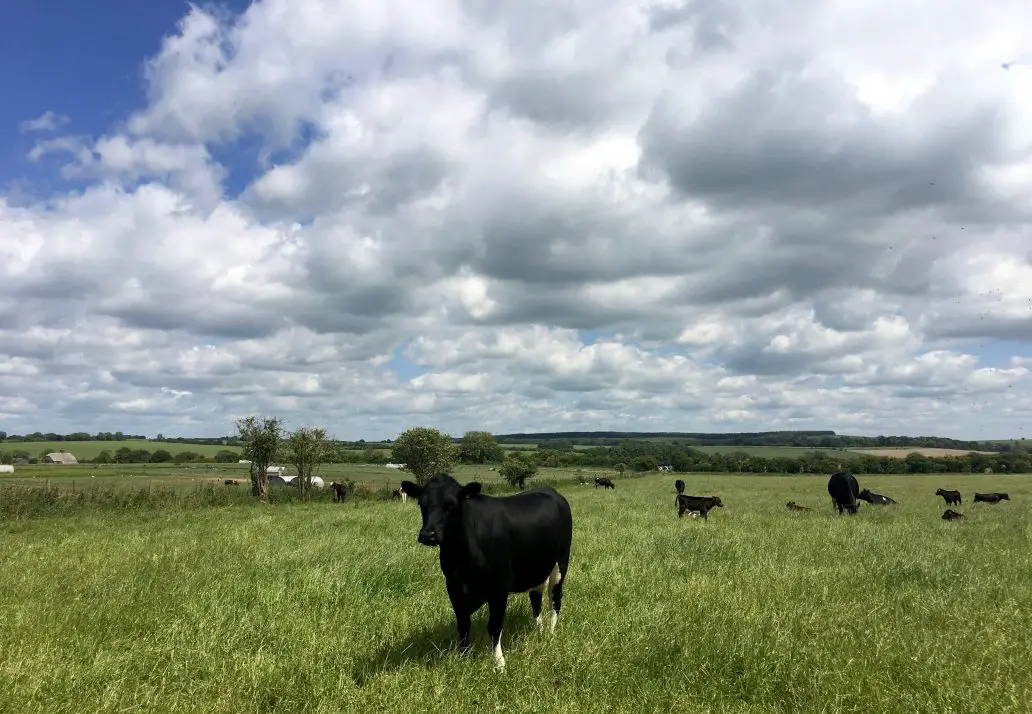
What is organic?
In a nutshell, organic food is grown with the environment rather than against it. Herbicides are banned and there are big restrictions on the use of insecticides too. A lot of thought is given to the health of our soil with practices like crop rotation and unfarmed natural habitats. This means organic farms are better for wildlife like bees, worms (good for the soil) birds and plants. Animals farmed for food are always raised in a free range environment and there is no routine use of antibiotics in animals (unless they are sick).
I love this:
If all UK farmland was converted to organic farming, at least 3.2 million tonnes of carbon would be taken up by the soil each year. The equivalent of taking nearly 1 million cars off the road!
Any food which is labelled ‘organic’ has been carefully checked to make sure it adheres to organic rules and regulations. Hydrogenated fats and most food additives are banned, as are artificial food colourings and preservatives.
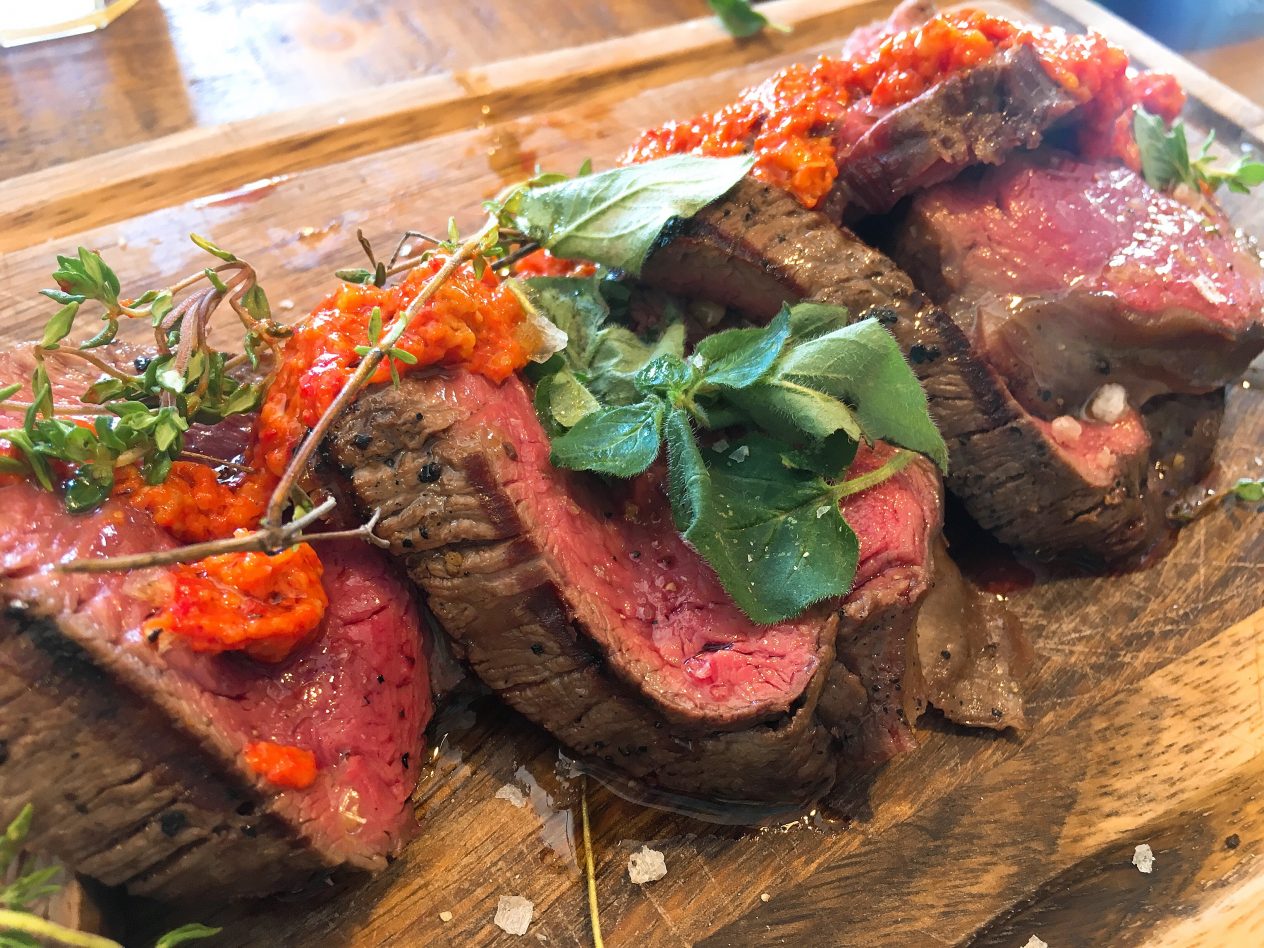
But it’s more expensive…
Crop rotation is slower on organic farms and animals are allowed to fatten naturally. These factors both mean that it takes longer for organic food to come to market. And of course, this makes overheads higher for the farmer. Obviously, this impacts what we pay in the shops. So, although prices have come down over the last few years, organic food is a little pricier. That’s why I’ve opted (for now) to take the middle line. I only buy organic bread, milk and eggs and I also try to buy organic meat whenever I can. In time I’d like to buy only organic food but for now, at least I’m making a start.
It’s funny how often I’ve been on these blogger trips but have forgotten half the stuff I was taught. This was one of the first trips I’ve been on which has genuinely educated me. I have to thank Helen and the Soil Association for that. I’ve had my eyes opened and hopefully reading this will open yours too.
I guess the point of this piece really is that buying organic is important but I understand that it can be hard. I think you can easily make small switches though like I have. Just basics like eggs, milk, chicken… and gradually increase as and when you can!
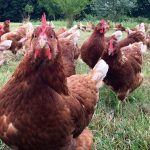


For me, I think it’s the environmental aspect that resonates most strongly. A lot of people comment on quality, taste or nutritional value and I’m not convinced by those arguments (though have no issue if those are the reasons that persuade other people). But the appeal of helping our wildlife, and reducing our environmental impact, is hugely motivating.
Yes, I really agree there Kavey. I was so surprised by the stats around our soil and how just improving the health of the soil can make such a huge impact on everything else!
I like Organic because of the animal welfare reassurances too – and that it’s a style of farming that words traditionally, with natural balances. I feel better about supporting farms that are trying to do (what I consider to be) the ‘right’ thing, looking after their animals and land with care, not stripping everything they can out of it for short term gain.
Yes, I agree with you about the animal welfare, although interestingly I’ve had a couple of trolls on twitter this weekend about me posting this article at all (about eating meat and drinking milk).. Oh well! It happens from time to time!!
Great article! I studied different kinds of agriculture as part of my biology degree years ago and as I result I’ve tried to eat organic ever since! I agree it’s difficult and expensive though. We always get organic milk and eggs, and we get a local veg box delivered which does help to keep the price down a bit. I think that every little helps, and of course the more of us do it, the more demand grows and the more products become available. A virtuous circle 🙂
Oh I think that must have been really interesting Helen! I enjoyed the bit about the soil, it was fascinating. Yes we’ve had a couple of veg boxes too but I’d love to grow my own eventually. And you’re exactly right, every little bit helps!